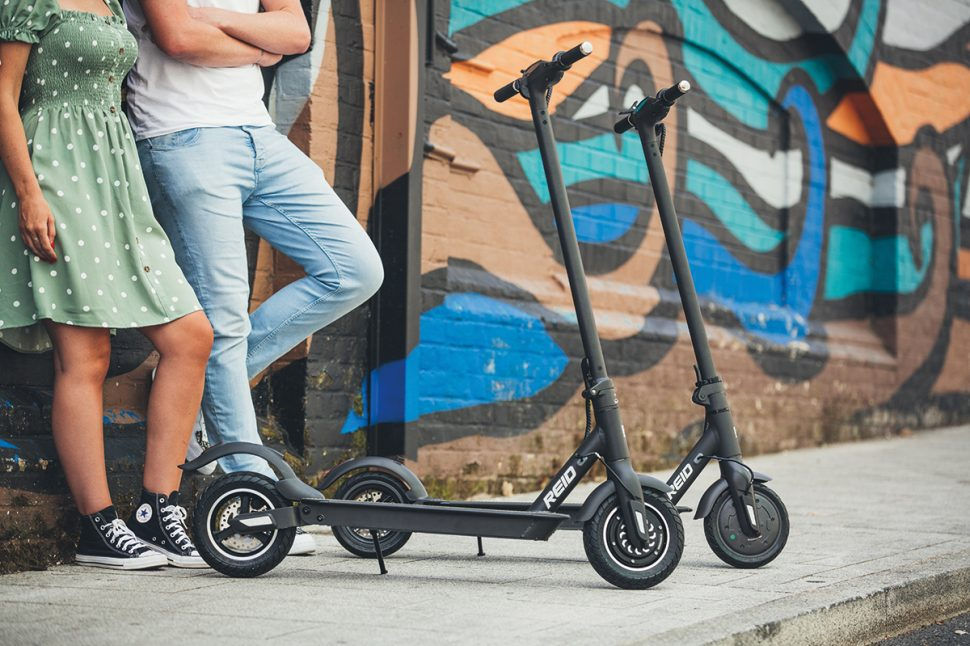The Future of Electric Scooters: Paving the Way for Sustainable Urban Mobility
- tonmoydasphy
- Jul 14, 2023
- 2 min read

In recent years, the transportation landscape has witnessed a significant shift towards sustainable alternatives, and electric scooters have emerged as one of the key players in this transformation. With their eco-friendly nature, compact size, and ease of use, electric scooters have quickly gained popularity as an efficient mode of transportation in urban areas. However, the future of electric scooters holds even more promising potential, as technological advancements and changing attitudes towards sustainable mobility shape their trajectory. In this blog post, we will explore the future of electric scooters and their role in shaping sustainable urban mobility.
1. Enhanced Battery Technology:
The battery technology powering electric scooters has been continuously improving, resulting in increased range and better performance. The future will witness further advancements, including lighter and more efficient batteries with higher energy densities. This will enable electric scooters to travel longer distances on a single charge, making them even more practical for daily commutes. Additionally, rapid charging infrastructure will become more widespread, allowing users to conveniently recharge their scooters on the go.
2. Integration with Smart City Infrastructure:
As cities become smarter and more connected, electric scooters will seamlessly integrate into the urban infrastructure. Scooter-sharing platforms will adopt IoT (Internet of Things) technologies, enabling real-time tracking, remote diagnostics, and optimized fleet management. Moreover, electric scooters will communicate with traffic management systems, enabling smoother traffic flow and enhancing safety through data exchange. This integration will pave the way for efficient and well-coordinated urban mobility systems.
3. Safety Innovations:
Safety has always been a crucial concern in the adoption of any mode of transportation. In response, the future of electric scooters will witness significant safety innovations. Manufacturers will incorporate advanced features like anti-lock braking systems (ABS), stability control, and adaptive lighting to enhance rider safety. Moreover, the integration of artificial intelligence and machine learning will enable scooters to detect potential hazards and alert riders accordingly, reducing the risk of accidents.
4. Sustainable Design and Materials:
The future of electric scooters will prioritize sustainable design and the use of environmentally friendly materials. Manufacturers will emphasize recyclability, choosing components and materials that have a minimal environmental impact. Additionally, the focus will be on developing scooters that are more durable and require less maintenance, reducing the overall carbon footprint associated with their production and usage.
5. Increased Customization and Personalization:
As electric scooters become more ubiquitous, the demand for customization and personalization options will rise. Future scooters will offer modular designs, allowing riders to personalize their scooters according to their preferences and needs. Customizable features may include adjustable handlebars, removable battery packs, and even integrated storage options. This personal touch will enhance the overall user experience and foster a deeper connection between riders and their scooters.
Комментарии